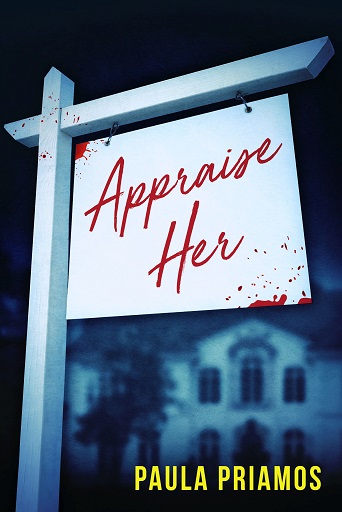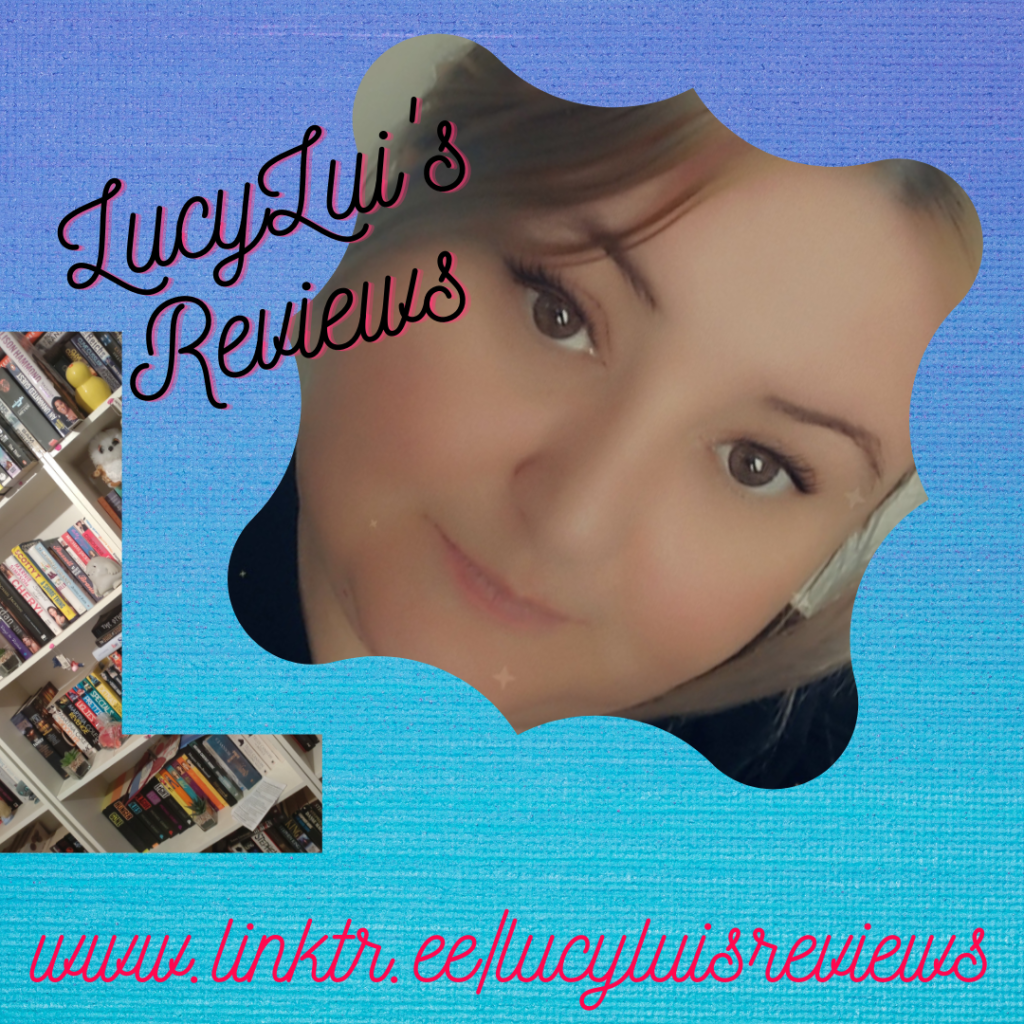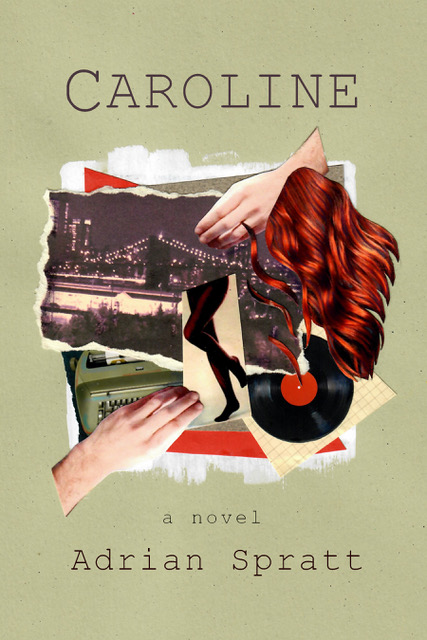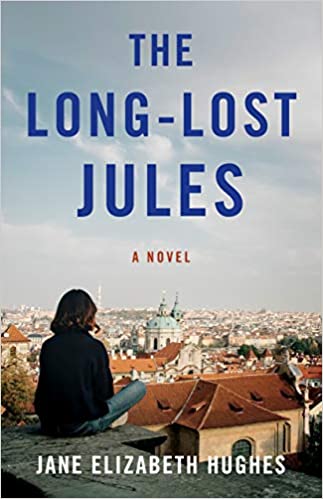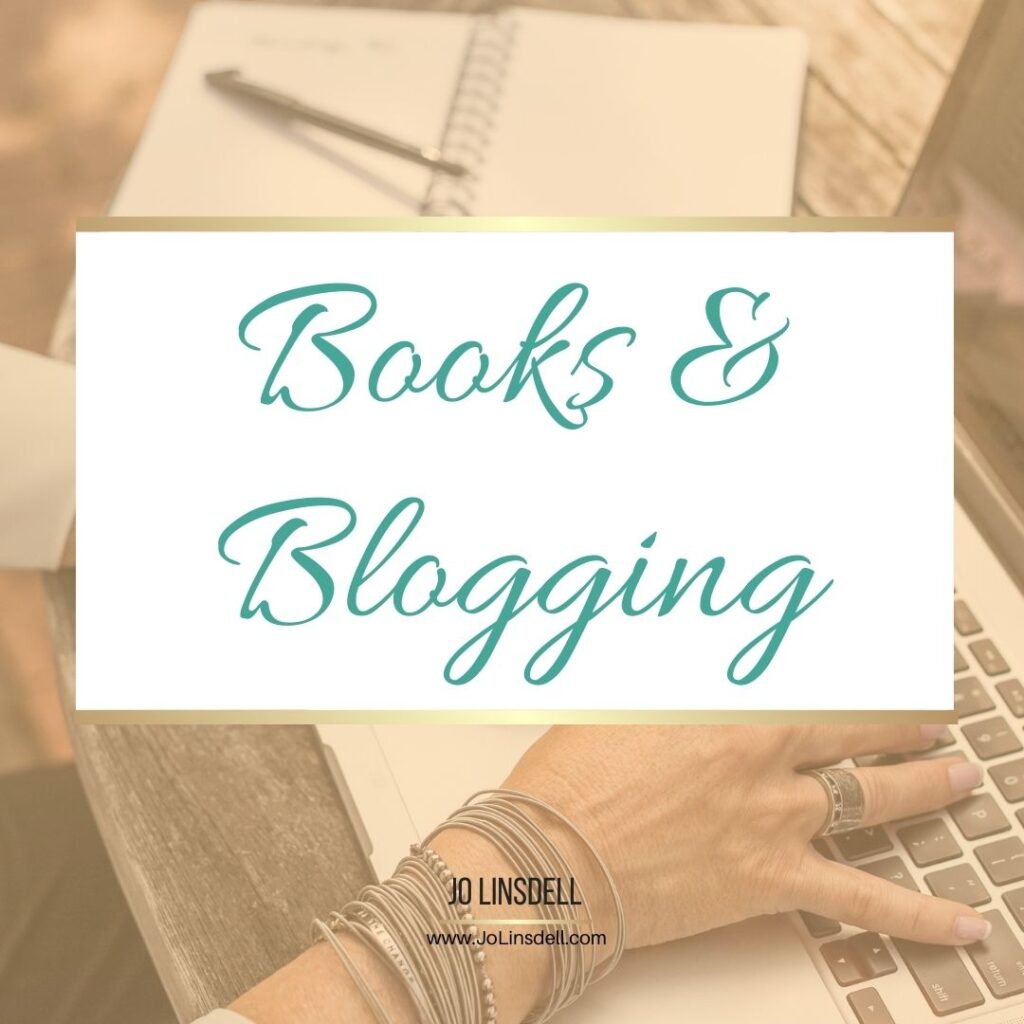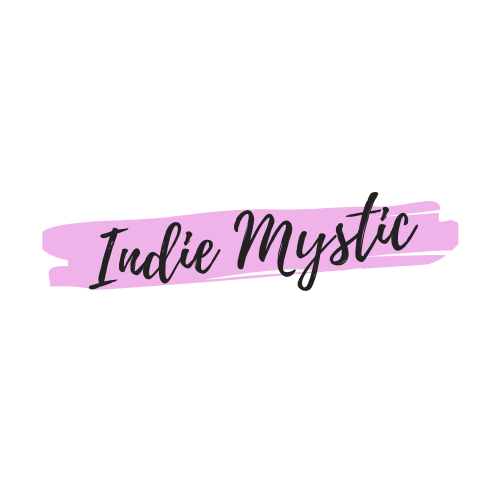About Reviewing
How did you get started?
I have been a reader for as long as I can remember. I was the kid who always had a book tucked under my arm. Reading has always been how I learn empathy, how I step into someone else’s shoes, and how I make sense of the world.
A little over a year ago, I decided to start Four Eye Books. At first it was just a place to slow down and share some thoughts about what I was reading. Over time it grew into more than reviews. Now it includes author interviews, reflections, and what I call Bookish Adventures. My wife and I love visiting independent bookstores when we travel. We joke that most of our trips turn into “bookish vacations,” because we always find at least one new store and usually leave with a small stack of books. Those shops remind me why independent bookstores and indie authors matter. They are often the ones giving space to diverse voices and fresh perspectives.
How do you review a book? Is it a read first, and then make notes, or do you make notes as you go along? What are you looking for?
I do a bit of both. I keep notes as I go, and lately I have even been experimenting with ChatGPT as a kind of digital notebook. At the same time, I’ll admit stopping to write notes can sometimes pull me out of the story. So I try to balance it. I let myself get carried along, then circle back later to see what stayed with me.
When I sit down to write, I use my Four Eye Lenses. They help me look at a book from different angles:
- Story: How it is told, who the characters are, and whether it keeps me turning the page.
- Time & Place: The setting and context, and also what is happening in the world while I am reading it.
- Big Ideas: The themes and questions it raises.
- Reflection: What lingers with me after I close the book.
For me, reviews are not about verdicts. They are more like conversations. At home, my wife and I often read the same book just so we can talk about it after: “What did you think of that scene?” or “Did you notice that theme too?” That is the same energy I try to bring into my reviews.
If a book has a great plot, great characters, but the grammar is less than perfect, how do you deal with that?
I notice it, but I try not to let it overshadow everything else. A typo might pull me out for a moment, but if the story is compelling, I focus on that. For me, intention matters. If I can see what the author was trying to do, I want to honor that, even if the execution is not perfect.
How long does it take you to get through, say, an eighty-thousand-word book?
Because I work full-time, reading usually happens in the margins: mornings, evenings, weekends. On average it takes me two weeks to a month. Some books I fly through, others I take more slowly, especially if they are packed with big ideas. I rarely quit a book. Even when it is difficult, I want to finish so I can see the author’s intention in full.
How did you come up with your rating system, and could you explain more about the rating system?
I do not use stars or numbers. Books are not math problems, they are experiences. Instead, I use the Four Eye Lenses. They help me notice when a book might falter in pacing but excel in setting, or when the execution may be uneven but the themes are powerful.
The lenses are the same kinds of questions my wife and I naturally ask each other after finishing a book: How was it told? What ideas lingered? What did it make us feel? Writing reviews through the lenses is my way of extending those conversations outward and inviting others into them.
What advice could you give to authors looking to get their books reviewed?
Since I am still fairly new to review requests, my advice comes from the perspective of a reader first. Take time to know who you are reaching out to. A personal note goes a long way. Be patient too, since many reviewers balance this with work and family life. And most importantly, share why your book matters to you. That passion helps me approach it with empathy and curiosity.
Do you get readers emailing you and thanking you for a review?
Not often yet. My site is still growing. But when it happens, it means a lot. Even a short note feels like someone poking their head into the library and saying, “That mattered to me too.”
My advice to authors on getting a “bad” review … would you agree with that?
Yes. A review is one perspective, not a final judgment. Even if it is critical, there may be something useful in it. My best advice is to take what helps, leave the rest, and keep writing. Arguing with a reviewer is like raising your voice in a quiet library. It changes the whole atmosphere and rarely helps.
About Reading
Why do you think people love reading? Do you think reading as a pastime is dying?
I think people love reading because it offers both escape and connection. A good book is a window and a mirror. It lets you step into another world, and at the same time it reflects something about your own life.
For me, it started young. I always had a book with me. Reading taught me empathy: how to see the world through someone else’s eyes, whether in fiction or nonfiction. Even when a character is unlikeable, that can make the story more interesting, because it pushes me to ask why they see things the way they do.
I do not think reading is dying. It is shifting. People may read digitally or listen to audiobooks, but the desire for stories is still strong. What worries me more is access. Do people have the chance to pick up books, build literacy skills, and experience empathy for themselves? Traditionally, we have focused on how important books are for kids, and that is true. But now more than ever, adults need that same chance to read widely, encounter new perspectives, and be challenged.
About Writing
What are the most common mistakes that you see authors making?
I am still newer to review requests, so I do not claim to have seen everything. But from a reader’s perspective, I notice when a book feels rushed. A little more editing can make a big difference. Presentation matters too. Covers, blurbs, and formatting set expectations before the first page is even turned.
We are told that the first page is key … do you put a book down if it does not grab you in five pages?
No, I rarely quit a book. Even if it starts slow or includes difficult sections, I want to finish so I can understand the author’s intention.
Context matters to me. For example, I find older books fascinating because of what they reveal about their time. Ian Fleming’s Bond series is a good example. The sexism, racism, and nationalism in those books are not excusable. But when you know Fleming served in WWII intelligence and wrote during the Cold War, as the British Empire was fading, you can see how those experiences shaped his worldview and his work. Context does not excuse flaws, but it makes the reading experience layered and worth reflecting on.
Even when I do not like aspects of a book, I ask: What was the author trying to do? If I can see the intention, I am often willing to give credit for ambition or creativity, even if the execution falls short. That mindset keeps me grounded in empathy.
Is there anything you will not review?
I am open to almost anything. The only line I draw is for books that promote hate or harmful ideologies as acceptable. Beyond that, I welcome a wide range of genres, voices, and perspectives. Reading outside my comfort zone often sparks the most meaningful conversations.
About Publishing
What do you think of the oft-quoted comment that the “slush-pile has moved online”?
I will admit I was unfamiliar with that phrase at first. From what I understand, it refers to the days when publishers kept stacks of unsolicited manuscripts, and now many of those books appear directly online through self-publishing.
I see it as both a challenge and a gift. There are more books than ever, and it can feel overwhelming. But it also means readers get the joy of discovery. It is like wandering into a secondhand bookstore where the shelves are overflowing. There is a lot to sift through, but tucked between them are treasures you might never have found otherwise.
Do you think attitudes are changing with respect to indie or self-published titles?
Yes. Readers care less about who published a book and more about whether the story resonates. Indie authors are often where the most creative risks are being taken. Independent bookstores are frequently the ones championing those voices, putting them on shelves, and connecting them to readers. On our bookish vacations, my wife and I see this first-hand. Every store we visit has its own way of spotlighting local or indie authors, and those are often the books we carry home and treasure most.
Do you have any ideas or comments on how the industry can filter good from bad, aside from reviews?
I think framing it as separating “good” from “bad” is too reductive. Books are rarely that simple. What does not connect with me might be deeply meaningful to someone else, because everyone brings in their own experiences when they read. A character or theme that falls flat for me might resonate deeply with someone who has lived something different. That is what makes books so powerful: they are not static, they are alive in the hands of readers.
Instead of drawing hard lines, I think it is about conversation. And conversation requires listening for understanding, listening to learn, not just waiting to rebut. When readers share what a book meant to them, it gives me a chance to see it through their lens, even if I do not end up agreeing. That exchange is what makes reading a communal act, not just a solitary one.
Book clubs, online groups, libraries, classrooms, and even podcasts all create space for those layered perspectives. Independent bookstores do this too, curating shelves that reflect diverse voices and spark new conversations. So rather than filtering out the “bad,” I see value in weaving communities where many voices can share what resonated and why. That is how books find the readers who need them most.
End of Interview:
Go check out Cameron’s reviews at Four Eye Books.


